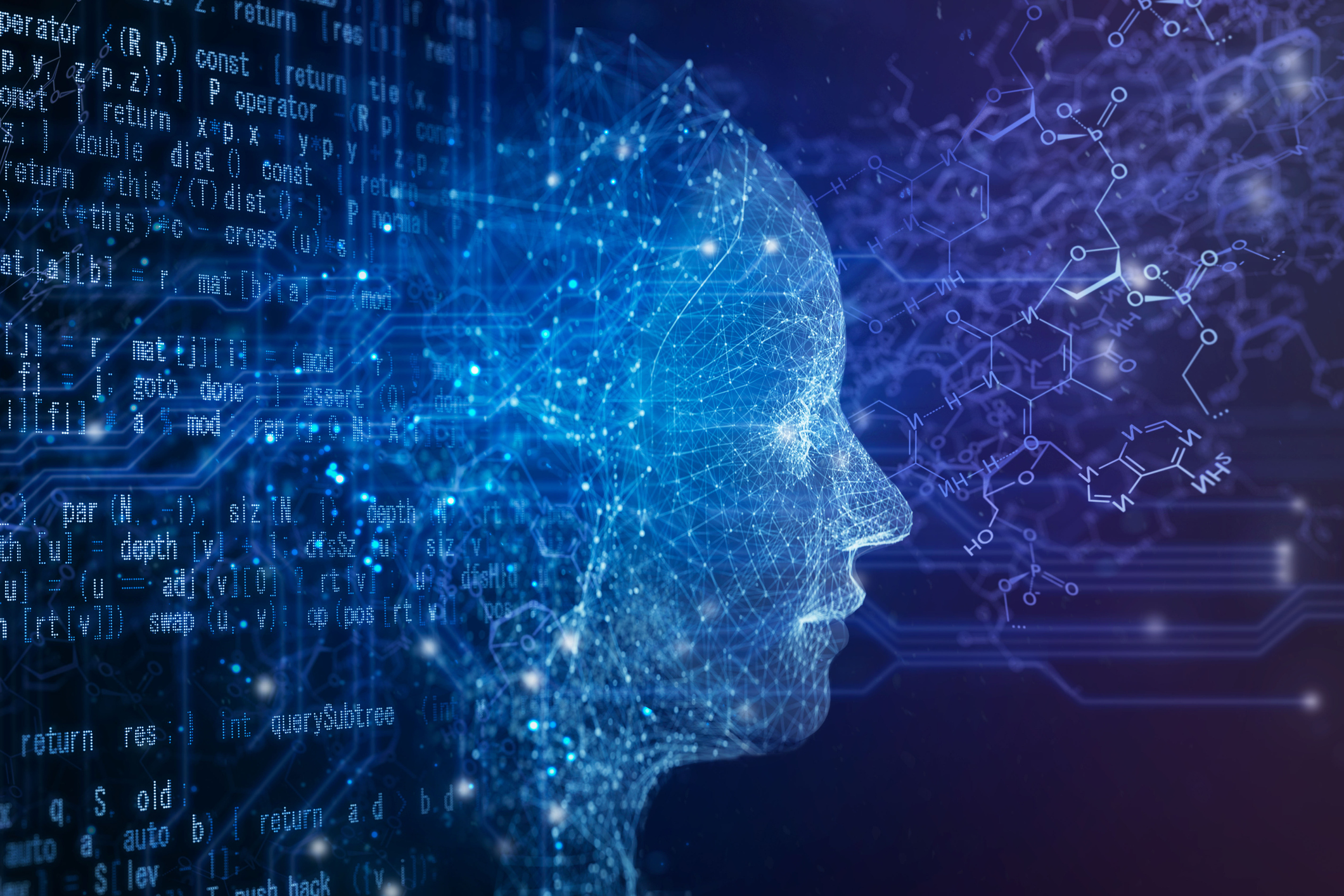
Quantum Leaps in AI: Exploring the Frontiers of Computational IntelligenceQuantum Leaps in AI: Exploring the Frontiers of Computational Intelligence Quantum computing and artificial intelligence (AI) are two rapidly evolving fields that hold immense promise for revolutionizing various aspects of our lives. The convergence of these technologies has the potential to fuel quantum leaps in AI, unlocking unprecedented capabilities and opening up new frontiers in computational intelligence. Superposition and Entanglement Quantum computers leverage the principles of superposition and entanglement to process vast amounts of data simultaneously. This allows them to explore a much broader range of possible solutions than classical computers, enabling them to solve problems that have been intractable until now. By utilizing these quantum phenomena, AI algorithms can achieve significant performance gains. Quantum Machine Learning Quantum machine learning (QML) algorithms leverage quantum computing’s inherent parallelism to accelerate the training and inference of machine learning models. These algorithms can handle exponentially larger datasets and explore complex relationships within data, leading to improved accuracy and efficiency in tasks such as image recognition, natural language processing, and drug discovery. Quantum Optimization Quantum optimization algorithms can solve complex optimization problems that are challenging for classical computers. They can find optimal solutions for combinatorial problems, such as finding the shortest path or the best allocation of resources. This has applications in fields such as logistics, supply chain management, and financial modeling. Quantum-Enhanced AI Systems By integrating quantum computing into AI systems, researchers are developing hybrid algorithms that combine the strengths of both technologies. These systems can perform tasks that would be impossible with either technology alone. For example, they can improve the robustness of AI models, handle uncertain or incomplete data, and make more informed decisions. Challenges and Opportunities While the potential of quantum leaps in AI is immense, there are challenges that must be addressed. These include the development of reliable and scalable quantum hardware, the creation of efficient QML algorithms, and the need for skilled professionals in both AI and quantum computing. Overcoming these challenges will unlock vast opportunities for innovation. Quantum leaps in AI have the potential to: * Accelerate scientific research and discovery * Enhance decision-making in business and government * Develop personalized healthcare treatments * Create new industries and products * Solve some of the world’s most pressing problems Conclusion The convergence of quantum computing and AI is a transformative force that is pushing the boundaries of computational intelligence. Quantum leaps in AI are already making an impact, and as these technologies continue to mature, they will redefine the way we process information and solve complex problems. By embracing the frontiers of quantum AI, we can unlock unprecedented capabilities and drive technological progress towards a brighter future.
Posted inNews